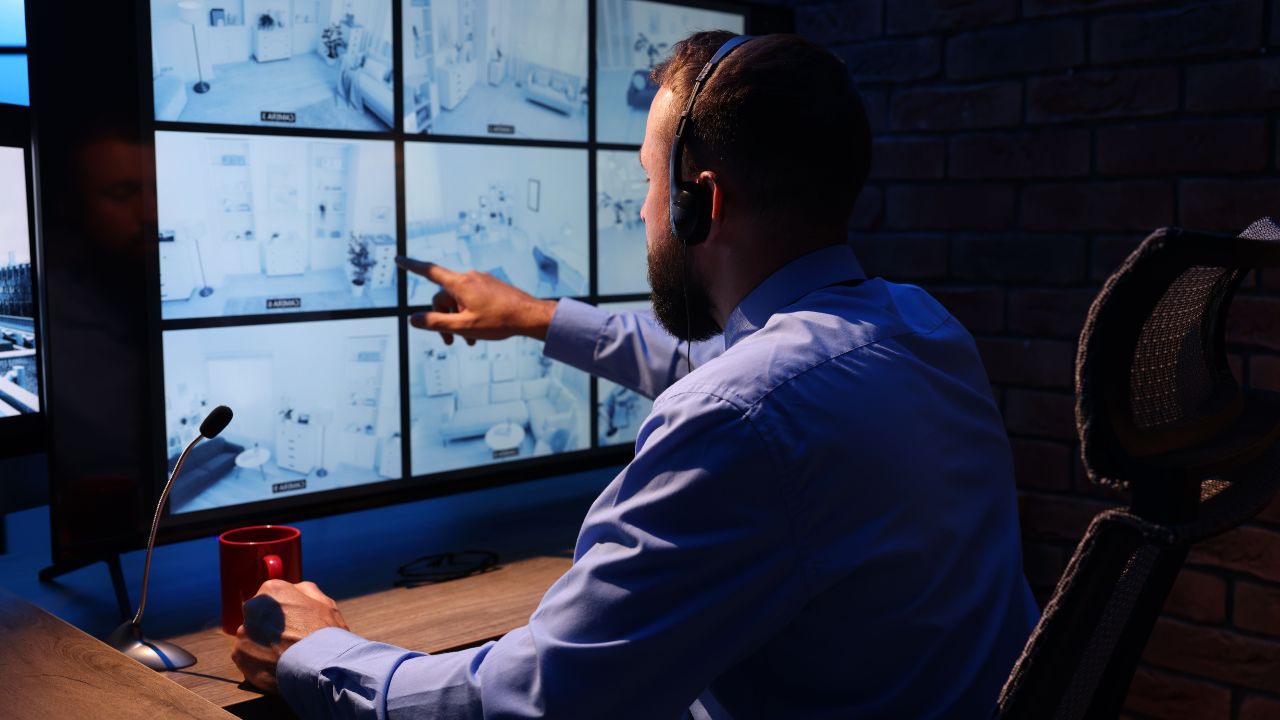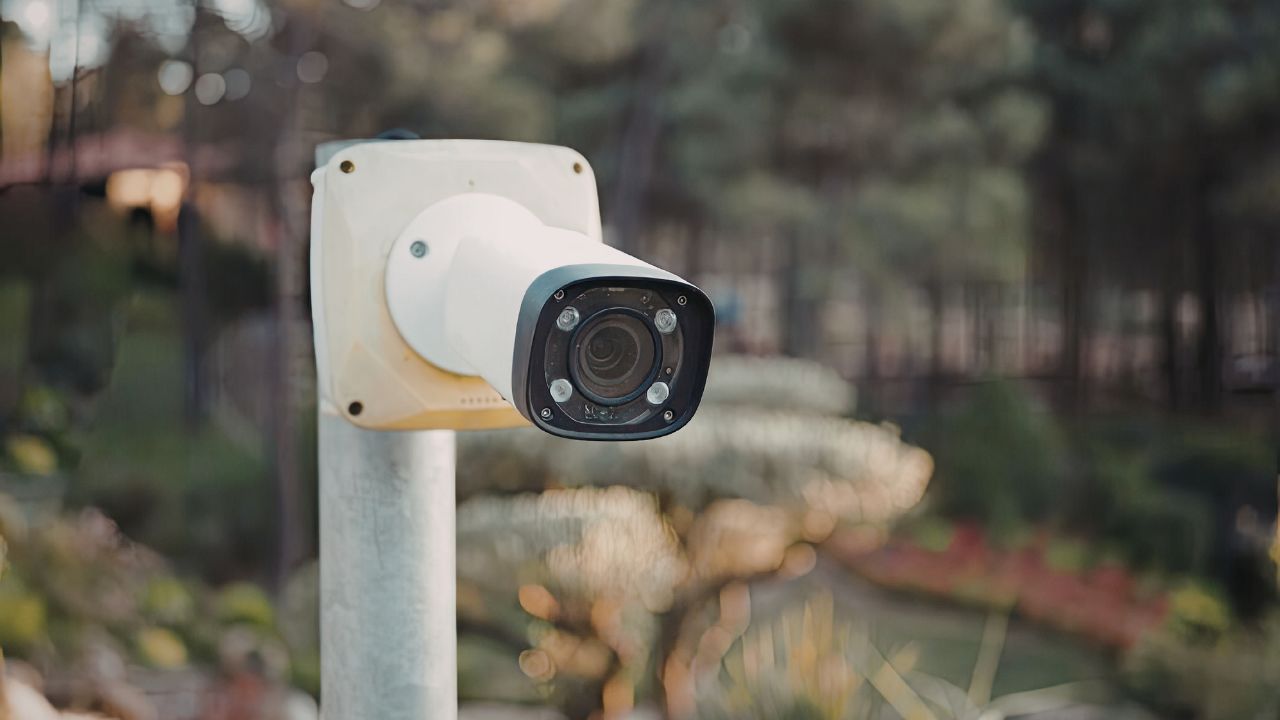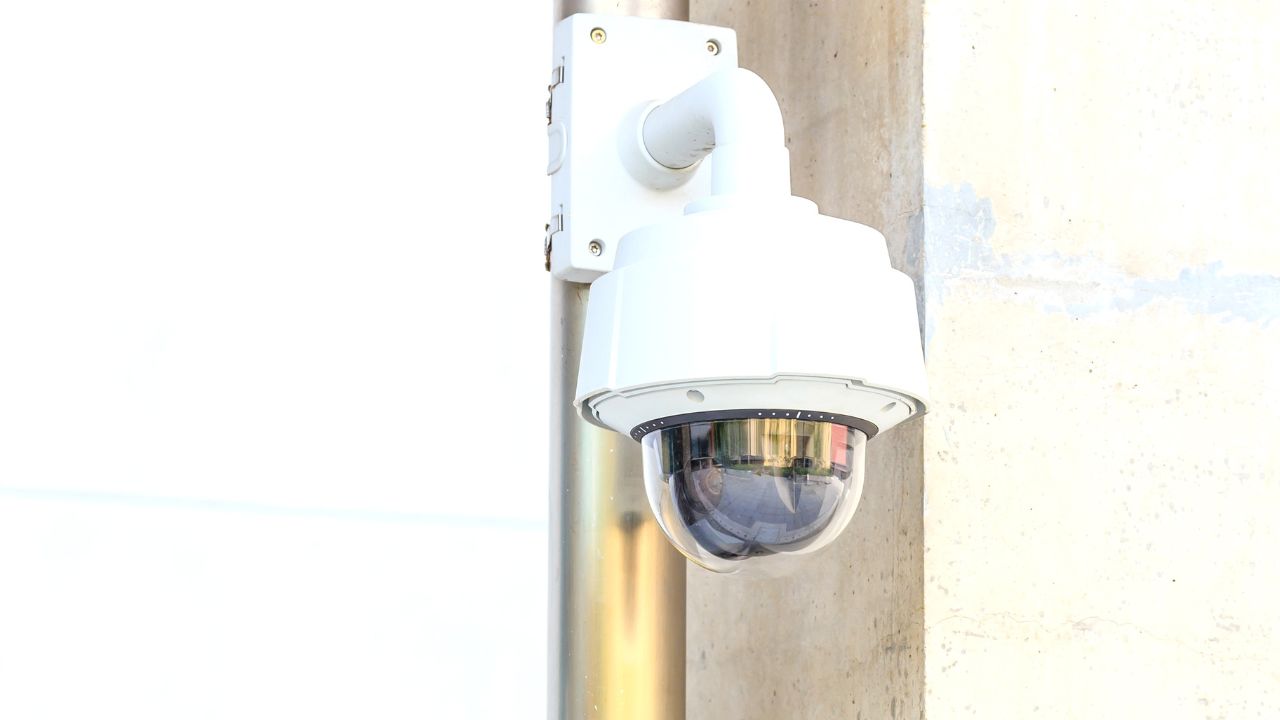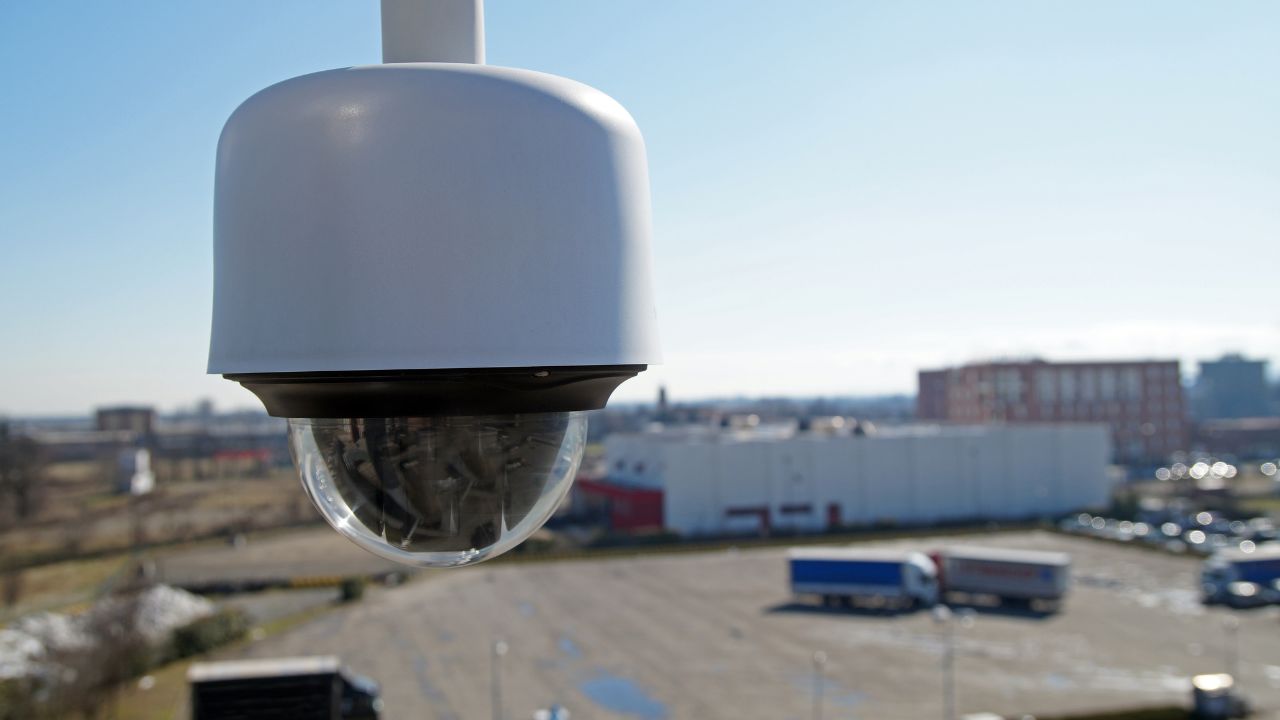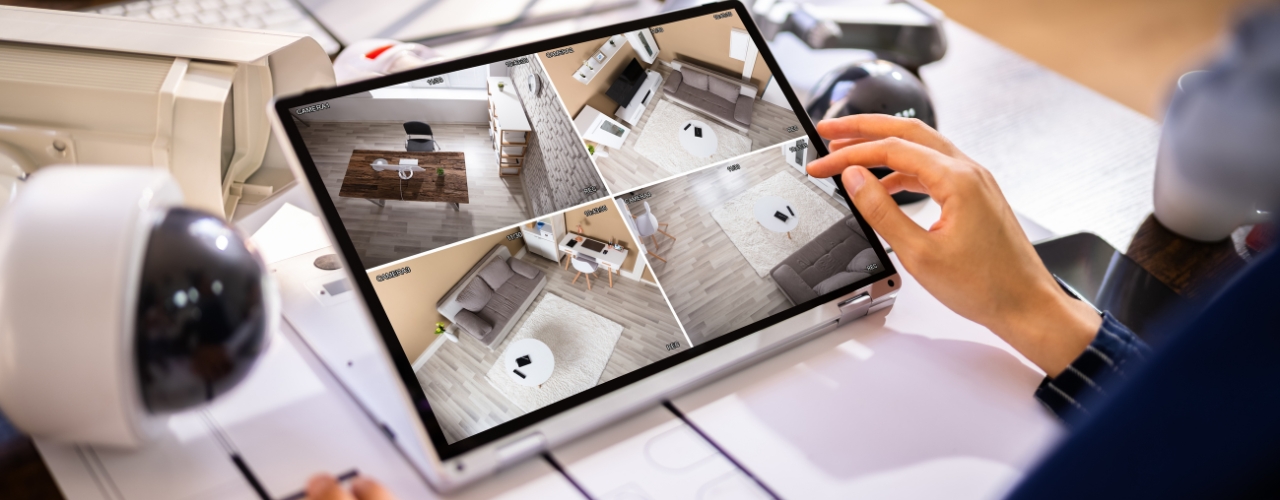Installing security cameras in rental properties is a topic of interest to many renters who want to take extra steps to protect their homes. However, the question that often comes up is: can a tenant install a security camera outside?
In this comprehensive guide, VIKYLIN team will explore the rights and responsibilities of tenants and landlords when it comes to installing security camera recorder in their rental properties. We will delve into the legal aspects and privacy issues and provide insights to effectively address this issue.
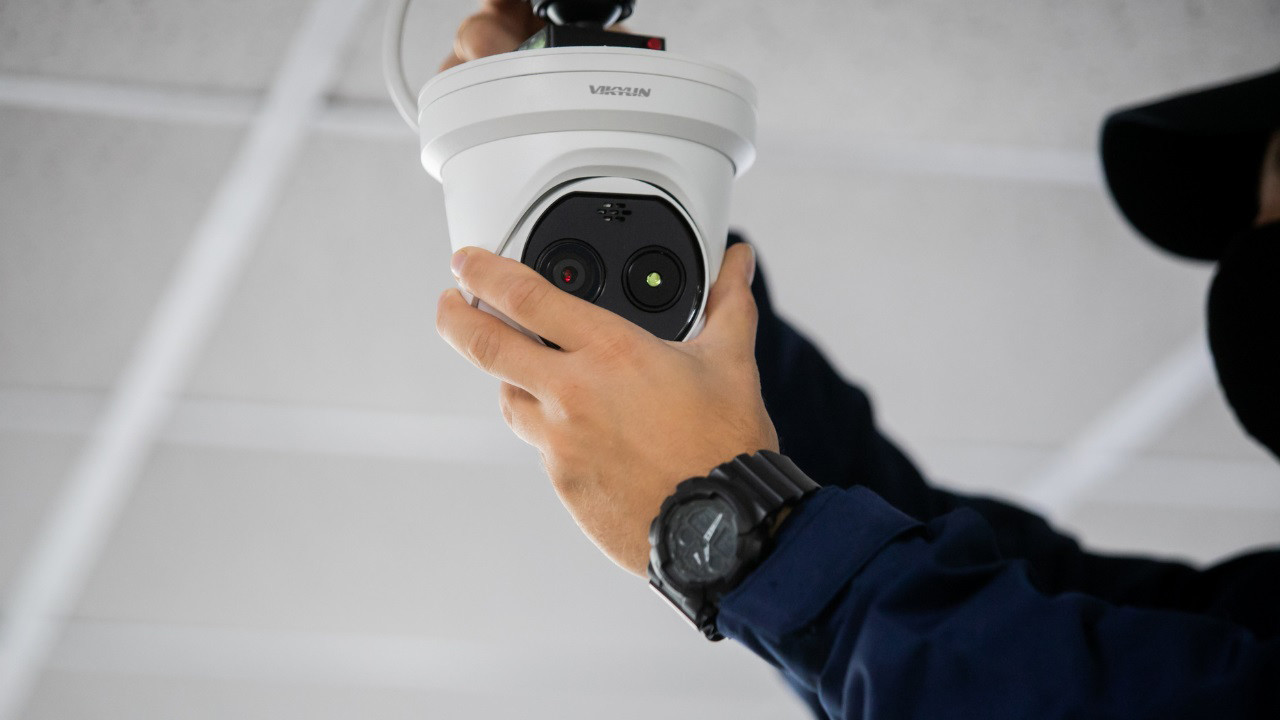
Are Security Camera Recorder Prohibited In The Lease?
Check to see if there are clear provisions in the lease regarding the installation of any surveillance devices, such as dome security camera. In many cases, the landlord may have provisions in the lease prohibiting the installation of any form of surveillance products. Therefore, before considering installing security camera dome, tenants should read their lease carefully to ensure they are not violating the terms of the contract.
Do You Need To Drill Holes To Install Security Camera Dome?
Installing security camera dome may require drilling or otherwise affecting the structure of the home. In some cases, the landlord may require the tenant to bear the cost of repairing the damage. Therefore, tenants can choose those surveillance cameras that require no drilling to be installed to reduce the impact on the house structure.
Will Night Security Cameras Invade The Privacy Of Other Tenants?
Installing night security cameras may involve violating the privacy rights of other tenants. Therefore, when choosing a security camera position, you should try to avoid filming other tenants’ private spaces, such as their porches or windows. Tenants should carefully consider night security cameras placement to maximize protection of their property while minimizing interference with the privacy of others.
Does Your State Regulate Security Camera Recorder?
Before installing security camera recorder, tenants should understand local laws and regulations regarding the use and placement of surveillance equipment. Some areas may have strict regulations regarding surveillance equipment in public spaces, especially laws related to privacy protection. Tenants should ensure that their actions comply with local laws to avoid possible legal consequences.



